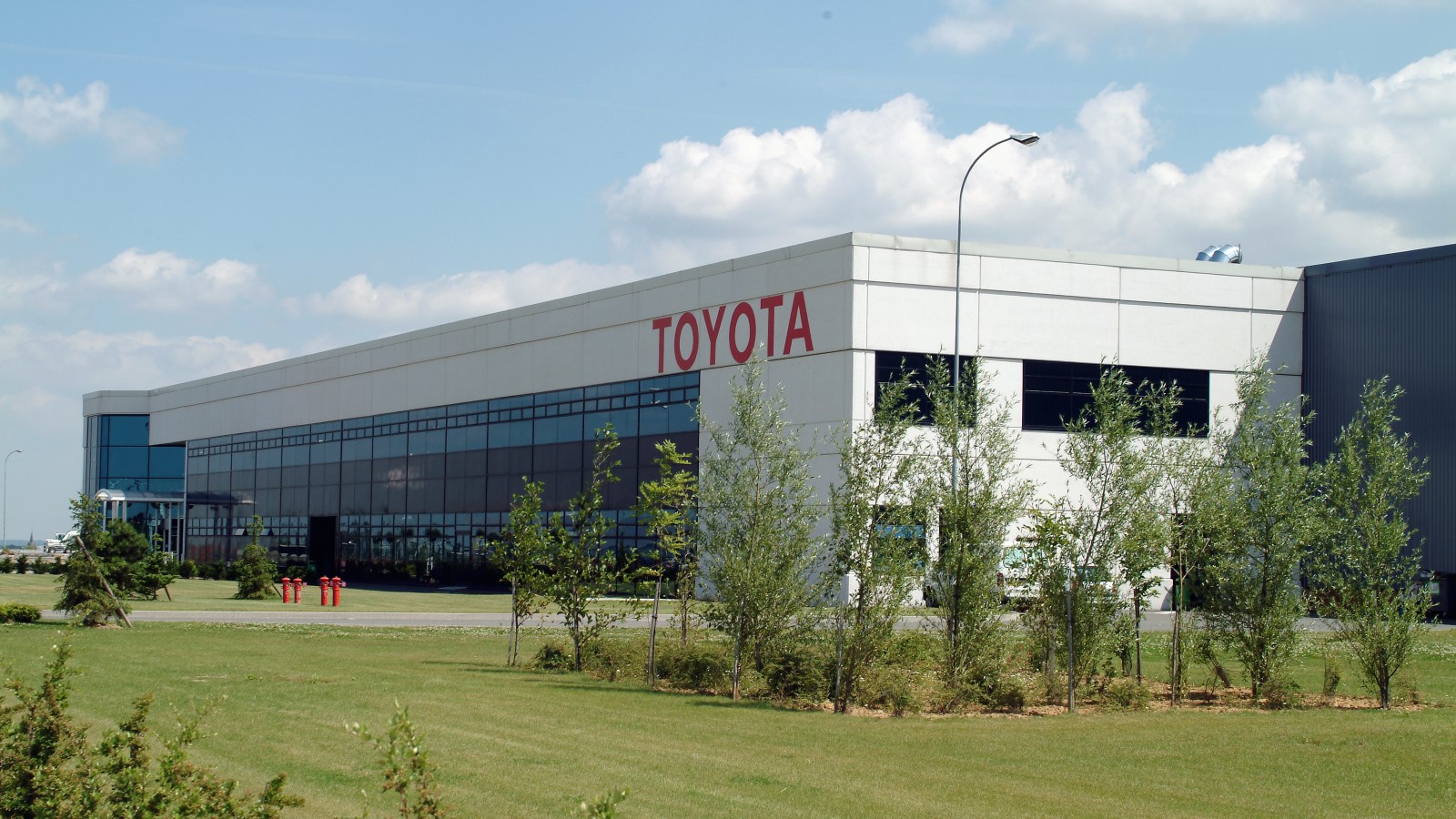The Japanese car manufacturer Toyota has multiplied the announcements concerning its vision for its range of electric vehicles (EV) over the next 5 years.
The main objectives concern both an acceleration of the speed of production and a reduction of the costs associated with it, while significantly increasing the autonomy of the electric vehicles concerned.
It’s only in the research and development stage for now, but…
Toyota blows hot and cold when it comes to electric vehicles. However, the firm does not intend to ignore this market, with strong investments planned in the medium term, but above all a certain desire not to abandon hydrogen models. If Toyota has released its first model of electric vehicle, the bZ4X, the Japanese company also wants to offer, in the short term, more efficient batteries for its electric vehicles.
With for comparison the officially displayed autonomy of the bZ4X, that is to say 615 kilometers (CLTC), Toyota wishes in particular to bet on the development of solid batteries. The Japanese firm thus wishes to increase the autonomy of the vehicles which will be equipped with these batteries by 20% compared to that of the bZ4X, which would make it possible to carry out more than 730 kilometers in one go, at least on paper. However, this remains at the development stage, and these solid batteries, which could also benefit from fast charging and fill up in just 10 minutes (to go from 10 to 80%) would not be available before 2027-2028. An even more advanced solid battery version, which could increase the range by 50% compared to that of the bZ4X, would also be desired by Toyota.
A production time halved?
Still concerning the development of its batteries for electric vehicles, two improved versions of the current model offered on the bZ4X are hoped for by Toyota for 2026 and 2027. The “popular” version of this battery should offer 20% more autonomy, while making it possible to obtain a production cost 40% lower than the current version for Toyota, thanks to the use of a lithium-iron-phosphate (LFP) accumulator. For the “performance” version, autonomy would also be increased by 20%, but with a cost reduction of “only” 20% compared to the model installed on the bZ4X, due to the use of a lithium-polymer-nickel-cobalt-manganese (NCM) battery.
A final battery project, also for the years 2027-2028, would have 30% more autonomy than the model currently installed on the bZ4X. Like the “performance” model, fast charging (10% to 80% autonomy) would only require about twenty minutes, compared to 30 minutes for the “popular” version. In conclusion, Toyota therefore wishes, by 2026, to offer an electric vehicle whose autonomy will exceed 1,000 CLTC kilometres.
Source : Electrek

13